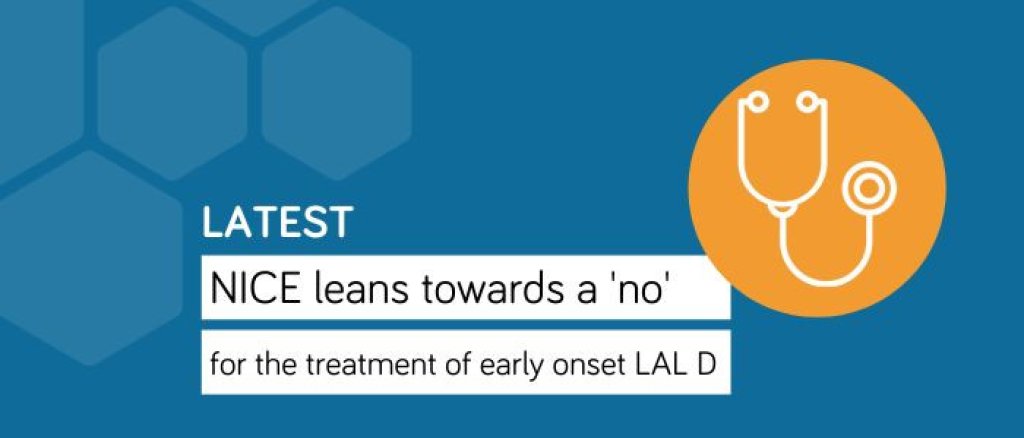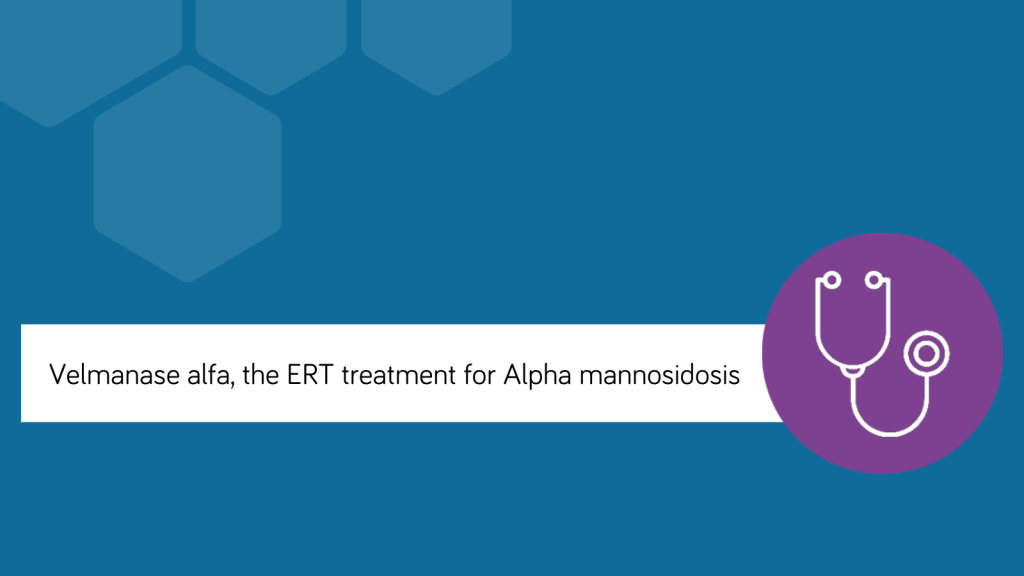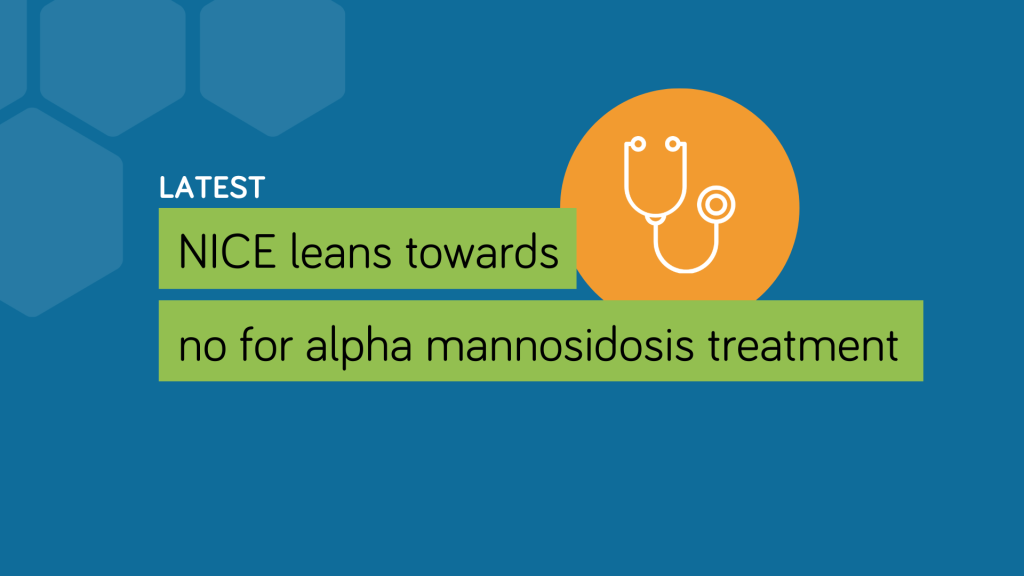NICE (National Institute of Clinical Excellence), the drug decision making body, have publicly released their interim decision today not to recommend sebelipase alfa (Kanuma®), the treatment for individuals diagnosed with early onset lysosomal acid lipase deficiency (Wolman disease).
Although NICE acknowledged the importance of sebelipase alfa as a lifesaving treatment option for people with Wolman disease, the committee had concerns over;
How much longer people will live or how their quality of life compares with people without the condition
Uncertainties around the likely treatment pathway when sebelipase alfa is used. The committee felt that the cost-effectiveness estimates are highly uncertain and much higher than what NICE considers an acceptable use of NHS resources
Members of the public have until the 23 June 2023 to submit their views and feedback to NICE. The evaluation committee will then reconsider the evidence and their decision at the proposed meeting scheduled for 13 July 2023.
Individuals with early onset LAL D have been waiting for a decision following the suspended evaluation for the whole LAL D population in 2017. Sebelipase alfa received licensing by the European Medicines Agency in 2015.
The licensed drug Kanuma® is the only treatment for LAL D which addresses the underlying cause of the disease. In early onset patients it is lifesaving as without access to treatment babies and children will die shortly after diagnosis. There are no comparative treatments available.
Early onset LAL D (Wolman disease) is a multi-system disease and common manifestations are liver,
gastrointestinal and cardiovascular complications. Infants usually present within the first few weeks or months of life with severe problems, including poor growth, malabsorption and failure to thrive. Without treatment, children decline quickly and death usually occurs within the first 6–12 months of life. With treatment, we now have children aged over 10 years who are thriving and meeting developmental milestones equivalent to children of a similar age.
Clinical trials and compassionate use outcomes of sebelipase alfa in the early onset population has not only demonstrated its lifesaving potential but has also shown enhanced health and quality of life of patients with minimal health related burden.
Bob Stevens, Group CEO of the MPS Society, a patient organisation that supports people with LAL D and related lysosomal storage diseases, has said:
"We are devastated by the announcement from NICE that despite the additional evidence and testimonies presented to demonstrate the life survival of patients, they still have uncertainties over not only the long-term quality of life of patients but whether this life-saving treatment is cost effective. Sebelipase alfa has given these children their life back and hope for a future without long-term disease burden, mortality and morbidity. The impact has been life changing and for eligible individuals and families it's difficult to contemplate a future without treatment, which will bring for many unescapable disease burden and premature death."
The MPS Society will continue to work with patients, clinicians, Alexion, NHSE and NICE to put forward the patient views and to try and influence the decisions of NICE in favour of recommending this treatment for all eligible patients.
To learn more about LAL D, download our disease booklet below.



